The Electrical Safety Standards in the Private Rented Sector (England) Regulations 2020 came into effect on 1st July 2020. If you are renting out a property in England, any tenancy you create or renew on or after this date will require an electrical inspection and a report on the condition of the property. This report is known as an EICR (Electrical Inspection Condition Report) and must be carried out by a qualified person. It is important to note that the legislation also applies when a tenancy becomes statutory periodic at the end of the fixed term. For all other tenancies, you will need to have an EICR carried out by 1st April 2021.
We asked Matt Payne of Matt Payne Electrical to answer the questions we most commonly get asked by Landlords:
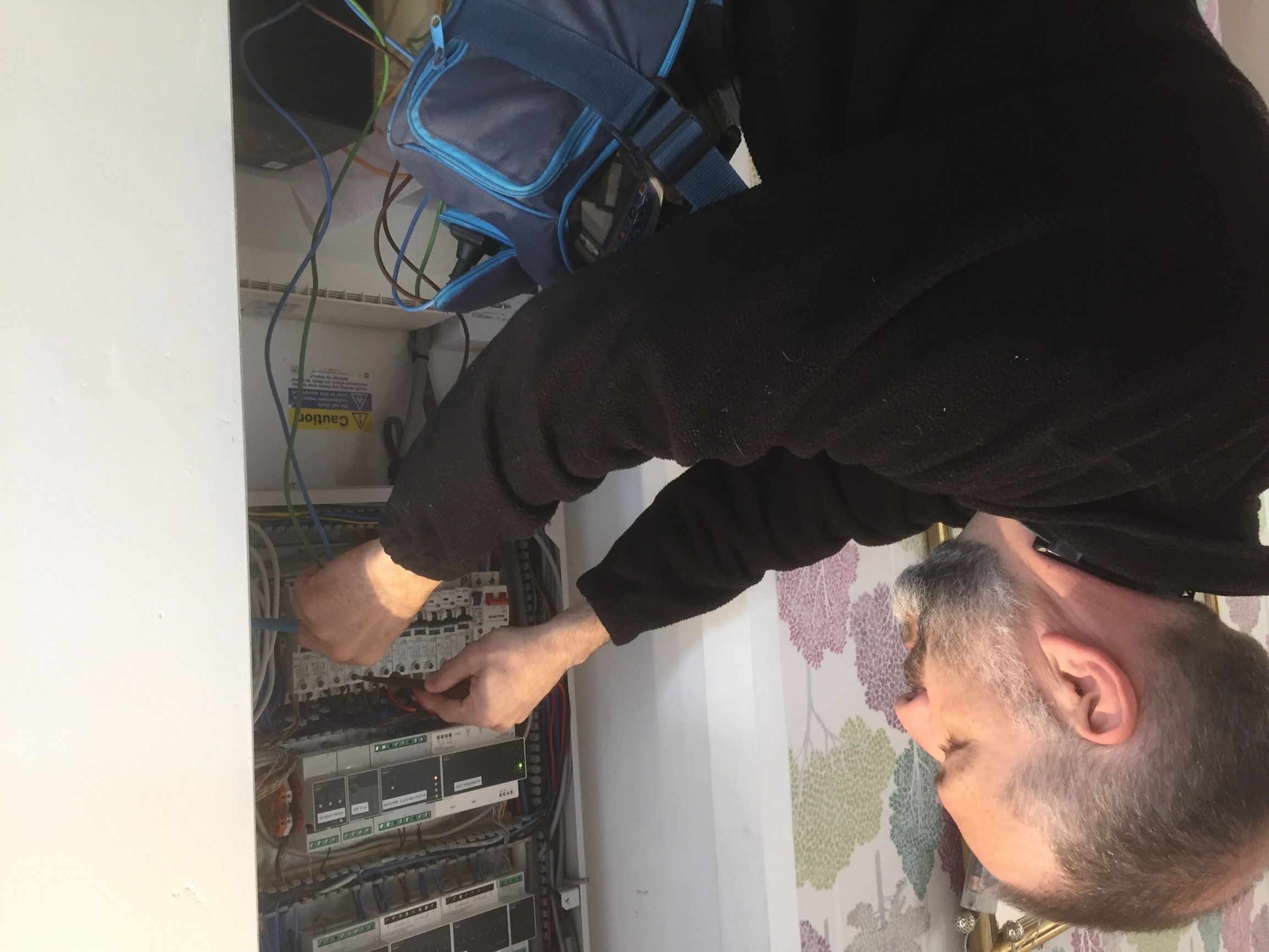
What is an EICR? What do you do as part of the inspection?
An EICR is an Electrical Installation Condition Report, which in the past was referred to as a periodic inspection. Put simply, this involves a competent, qualified and experienced electrician visually inspecting the electrical distribution equipment (in a dwelling this is typically the consumer unit/fuseboard) and the accessible cables and electrical accessories (i.e. sockets, lights, switches etc.) on each circuit.
A comprehensive checklist of inspections are graded C1-C3* on the inspection schedule (depending on the severity of the electrical safety) or as a PASS if all is well. If ‘further investigation’ is required to find a fault, then this is marked as FI. A sampled percentage of the electrical accessories on each circuit are tested for earth continuity and insulation resistance etc.
The test results are recorded on a schedule of test results. All these test results and observations, along with other details of the client and the installation are recorded on the report. Each report has a unique certificate number and should be produced on an official registration scheme form (e.g. NICEIC). The electrical installation will be deemed either SATISFACTORY or UNSATISFACTORY. If SATISFACTORY then the electrics are ‘fit for continued use’.
If UNSATISFACTORY then there will be some C1 and C2 observations on the certificate. There would need to be some remedial electrical works undertaken, and a retest before the installation is SATISFACTORY. It is also worth noting that the plug-in appliances in the home are not technically part of the electrical installation, so they would require a portable appliance test (PAT).
How long will the certificate be valid for?
Typically a standard EICR lasts 5 years however, this can be earlier if the electrician feels a retest at a sooner date is more appropriate.
My house is only a few years old, surely the electrics will be up to standard?
Newer houses are more likely to be up to standard as the electrical installation would have been installed under a more recent edition of the wiring regulations. However, the test and inspection still needs to be carried out as a legal requirement and to ensure no damage or tampering has occurred to the installation since it was put in.
We’ve lived here for years and never had any problems so I don’t see why we need to have this done!
Firstly, there has always been a legal obligation that a landlord ‘shall keep in repair and proper working order the installations in the dwelling-house for the supply of water, gas and electricity’ (Landlord and Tenant Act 1985, Section 11). The new regulations make electrical safety a statutory obligation in the same way as the gas regulations.
Secondly, more pragmatically, some electrical issues may not show up as a problem until something goes wrong and then you could be at risk of an electric shock. One example may be the lack of an earth bonding cable to your water and gas pipes – everything seems fine, until a fault condition occurs then you could be at risk of an electric shock.
What are the most common faults that you find with the electrical installation in a property?
These are many and varied but here are a few examples:
- Non-earthed installation
- Old non-compliant fuseboards
- Incorrectly rated circuit breakers
- No RCD protection for socket outlets
- Low insulation resistance readings (indication cable damage)
- Lighting circuits passing through a bathroom not having RCD protection
- Connections not terminated within appropriate enclosures
- Unsafe halogen spotlights
- Damaged socket
- Exposed wires at light pendants
Can you give me some examples of what could happen to someone if the fault is not rectified?
The worst case would be someone receiving an electrical shock from a faulty installation and received serious injury or even death. If incorrectly rated circuit breakers are fitted and incorrect sized cable then there is a risk of cables overheating and the potential for a fire.
How much would it cost to have the inspection carried out and how long will it take?
The cost of the test and inspection in a dwelling will be dependent on the size of the property but generally ranges from £120 to £200 and can take between 3 hours and a day to complete (plus time in the office to write the report).
What happens if we don’t have an EICR done?
You would be breaking the law and potentially, at worst, exposing your tenants to injury and harm and at best risking the electrical installation from not being compliant to the regulations. The fines are for non-compliance are significant.
*There are 3 classifications of danger and non-compliances on the schedule of inspections:
- C1 – Danger present – Immediate remedial action required eg. Bare live wires showing.
- C2 – Potentially dangerous –Urgent remedial action required eg. Non-earthed cables, undersized cables etc
- C3 – Improvement required – Where C1 and C2 don’t apply e.g. absence of warning notices etc (the installation can still be SATISFACTORY if it only has C3 gradings.)
If you need any further advice or require an EICR for a property, please contact Matt Payne Electrical on 01722 449114 or email info@mattpayneelectrical.co.uk. If you have any other questions relating to renting out a property, please contact Piccolo Property Services on 01722 580059 or email info@piccoloproperty.co.uk and we will be more than happy to help.

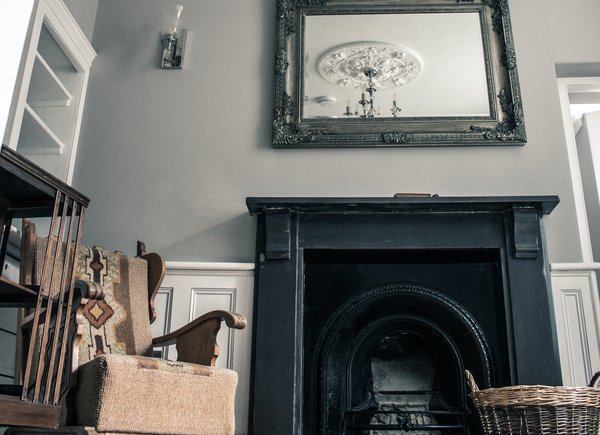
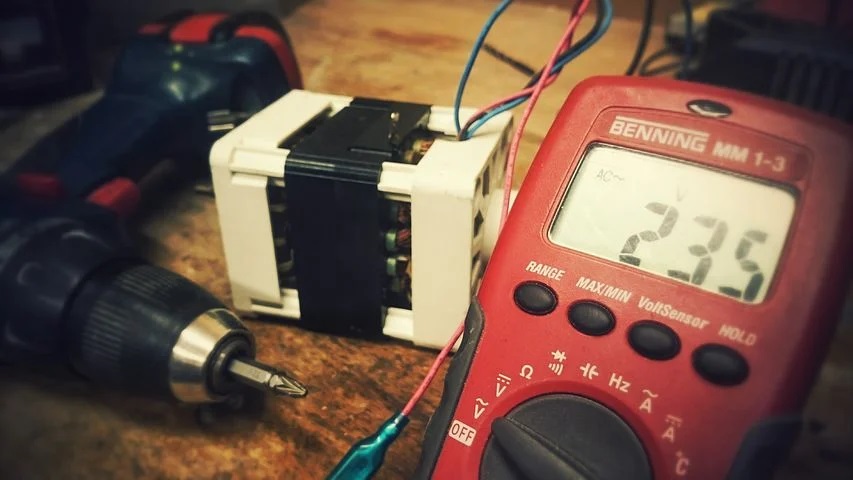
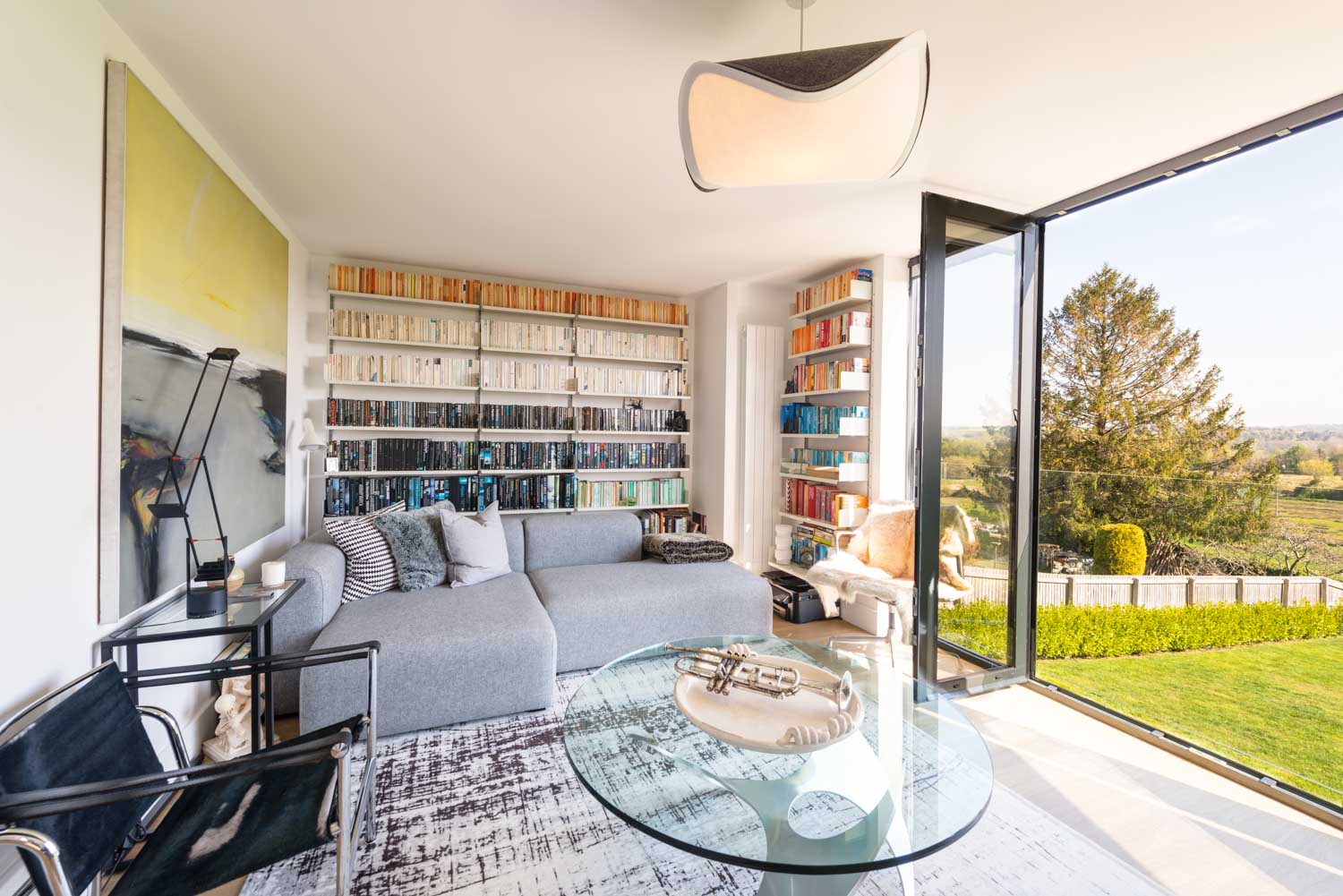
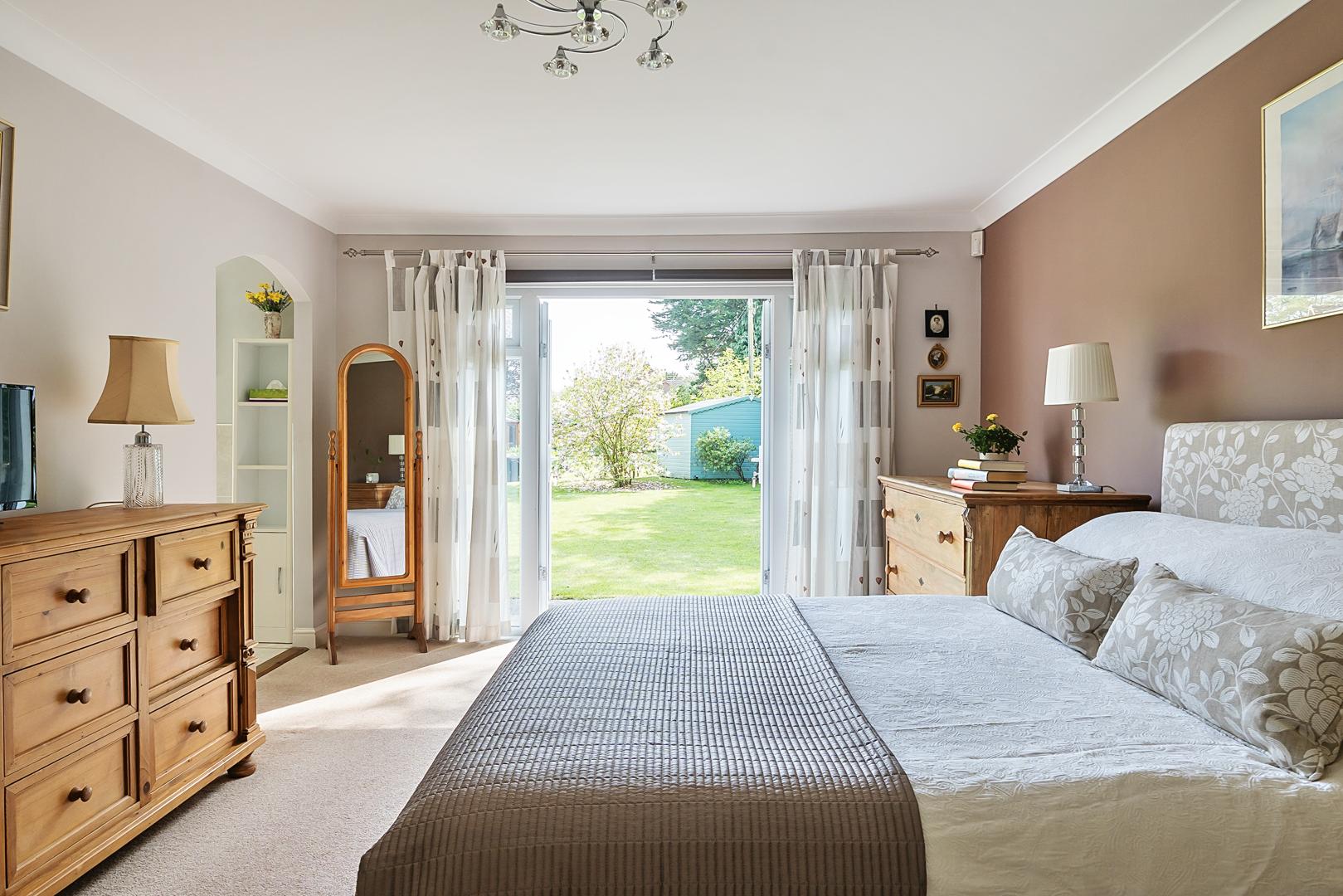
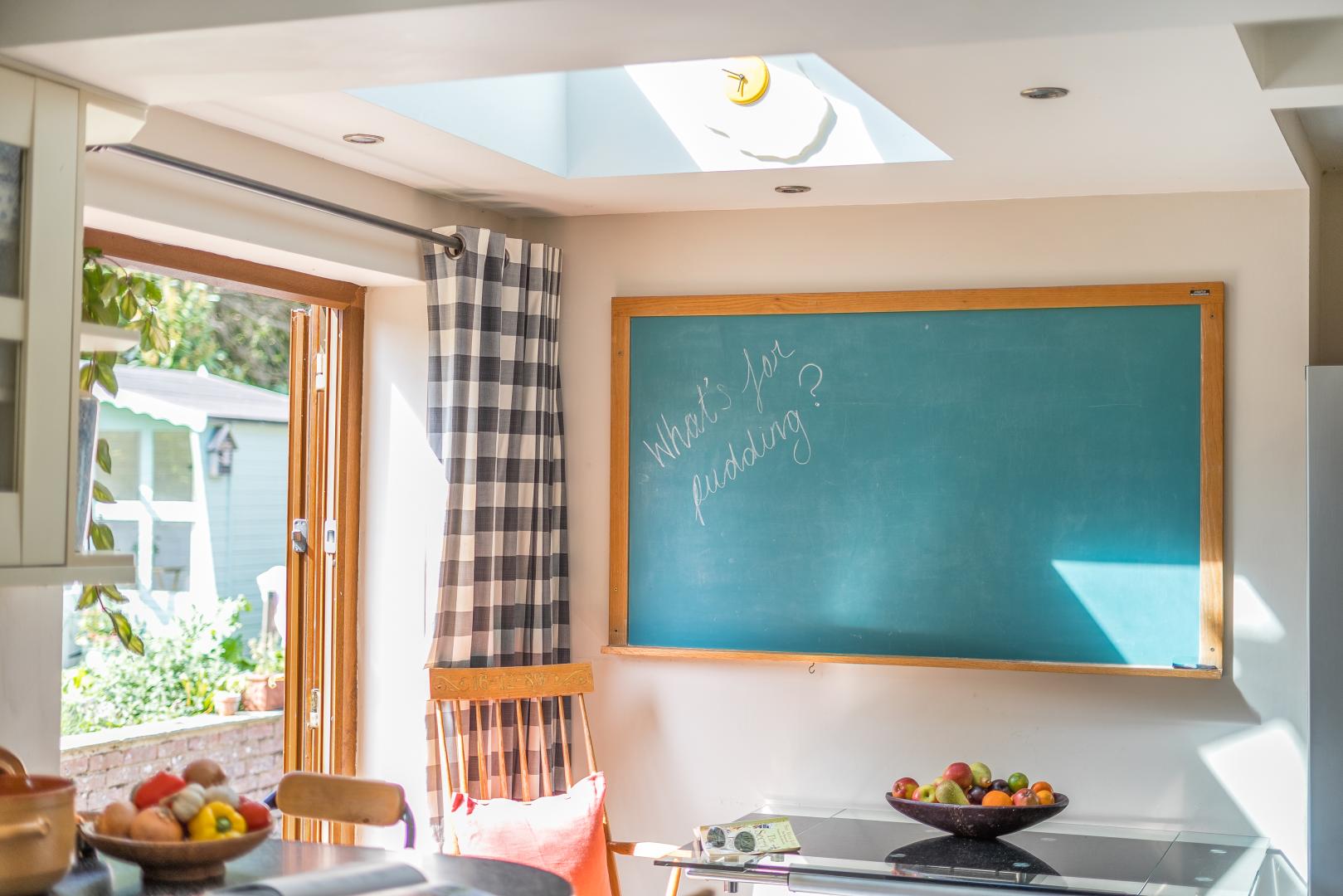
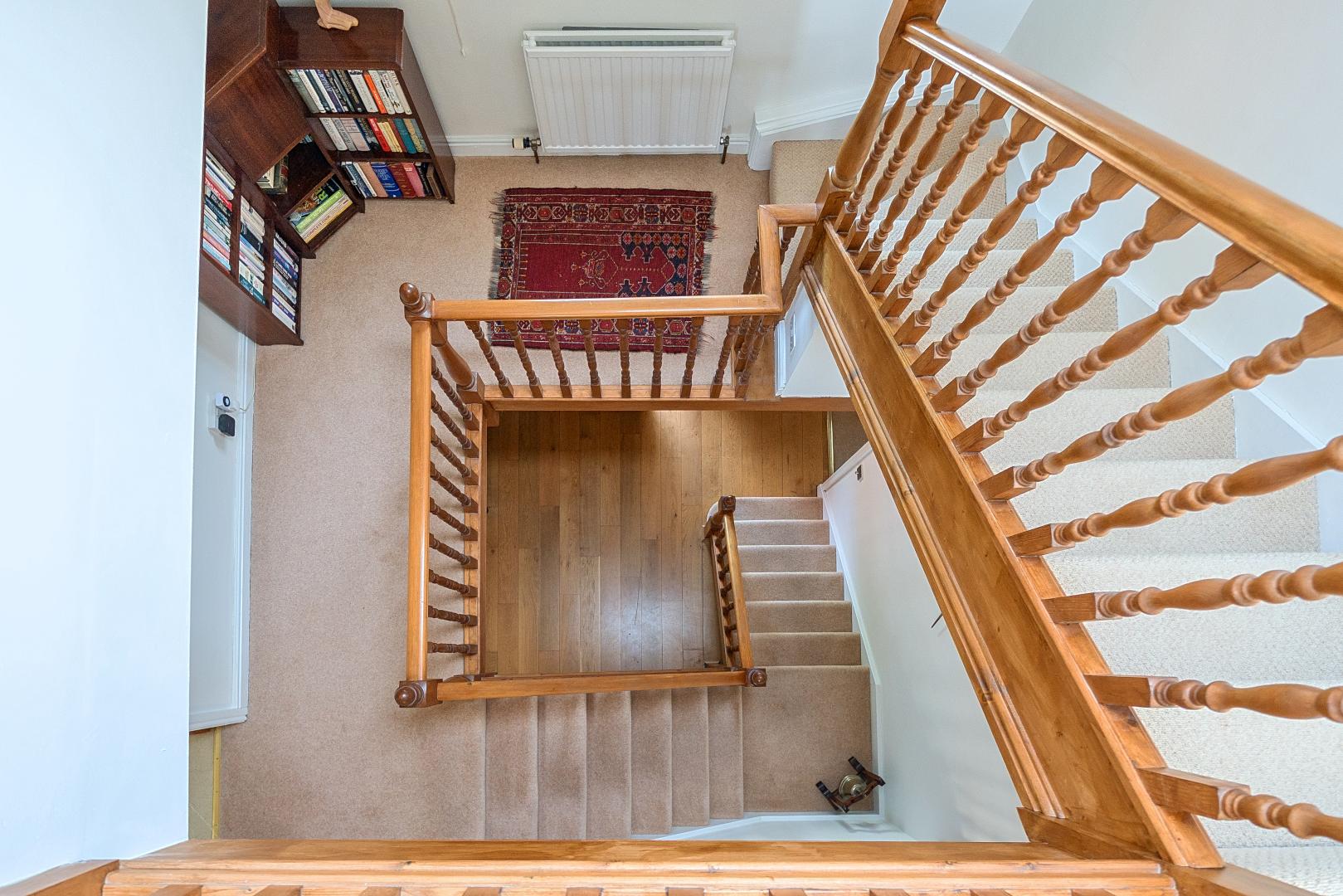
Share this with
Email
Facebook
Messenger
Twitter
Pinterest
LinkedIn
Copy this link